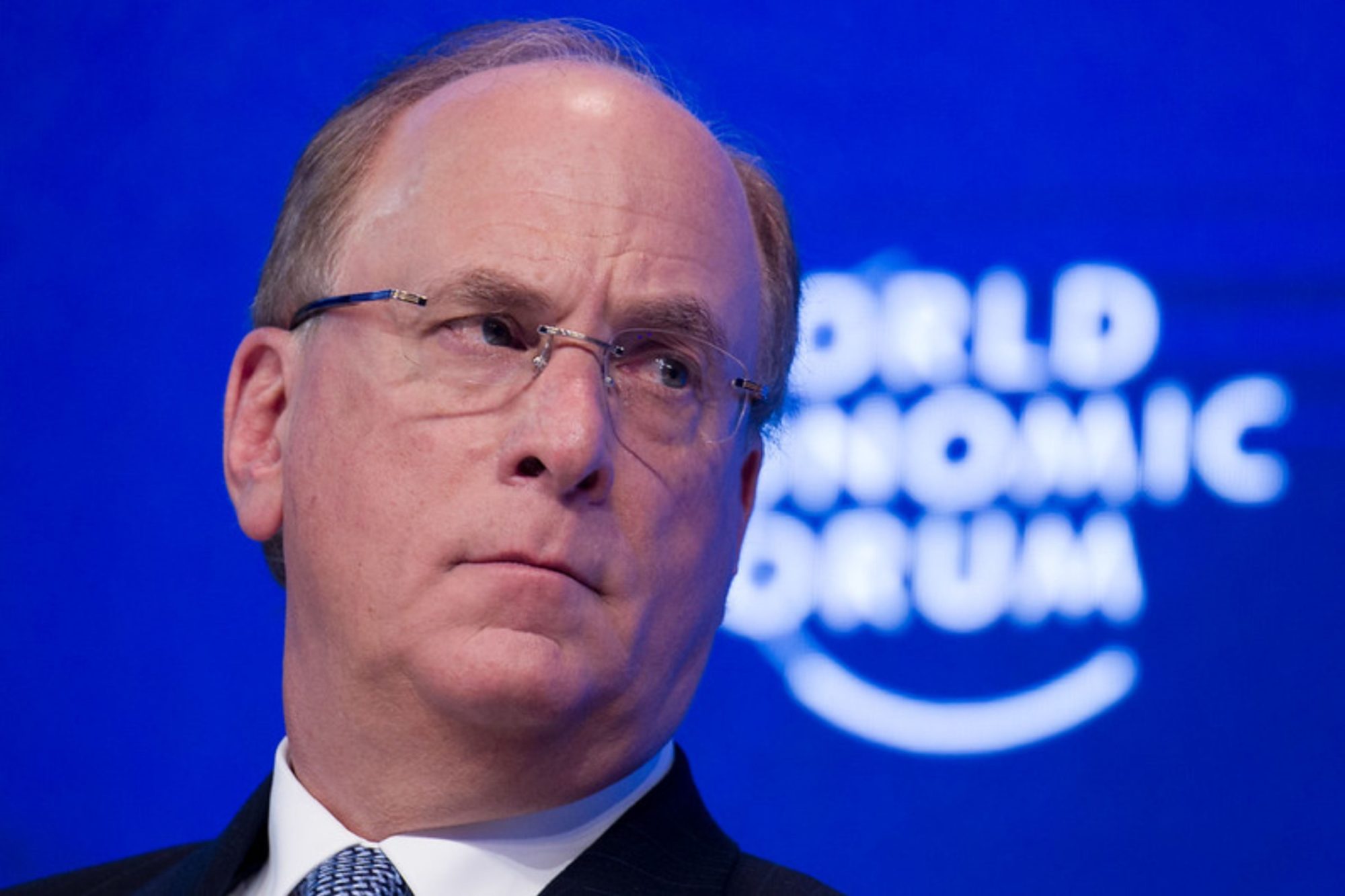TransCanada Corporation challenged the Obama Administration’s rejection of the Keystone XL Pipeline project on Wednesday.The Canadian energy infrastructure company filed a lawsuit under the North American Free Trade Agreement (NAFTA) and a Constitutional litigation against the United States government.
TransCanada accuses U.S. of violating its NAFTA obligations
TransCanada explained that its two legal actions are separate and distinct. The NAFTA claim seeks to recover $15 billion in damages from the United States government for the “loss of value” of assets related to the project.
The Canadian energy infrastructure company argued that the Obama administration’s denial of the Keystone XL Pipeline project was “arbitrary and unjustified.”
TransCanada said it followed all the Federal and State processes over a delayed seven-year review, and the Keystone XL pipeline passed every environmental and geopolitical test.
According to the company, it has every reason to expect an approval of the project since its application met the same criteria required by the U.S. State Department when granting the permit to construct similar cross-border pipelines.
TransCanada emphasized that it invested billions of dollars in the Keystone XL project, and the denial of permit deprived the company of the value of its investment.
“The delay and the ultimate decision to deny the permit were politically-driven, directly contrary to the findings of the Administration’s own studies, and not based on the merits of the Keystone’s application. The Administration’s actions violated U.S. obligations under the NAFTA,” argued TransCanada in its complaint.
According to the company, the denial of the Keystone XL project was not based on the merits of the application, but on politics. The administration believes that the denial was necessary to demonstrate the leadership of the United States on climate change even if its findings showed that the pipeline has no significant impact on climate change. The Obama administration supported its decision based on the perception that the pipeline will be bad for the environment, and the need to appease those in the international community had that false belief.
TransCanada said, “The politically-driven denial of Keystone’s application was contrary to all precedent; inconsistent with any reasonable and expected application of the relevant rules and regulations; and arbitrary, discriminatory, and
expropriatory,”
The company alleged that President Obama overstepped his constitutional authority in denying the permit for the Keystone XL pipeline.
TransCanada explained that the Congress regulate interstate and foreign commerce under the U.S. Constitution. According to the company, “There is no statute that provides for Presidential action concerning approval of an oil pipeline project.”
The company emphasized that the Congress passed a bipartisan bill approving the construction of the pipeline. The President (without statutory authority) has no power to act where the Congress does not agree to his exercise of power.
TransCanada Constitutional litigation seeks to obtain a declaration that the permit denial has no legal merit, and no further Presidential action is required before the construction of the project can proceed.











